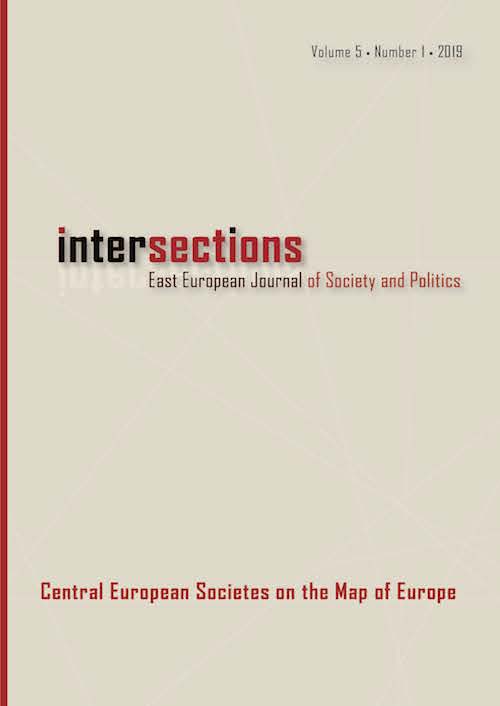Welfare Attitudes over time of V4-, Northern- and Western European countries in ESS Round 4 and Round 8 data
Welfare Attitudes over time of V4-, Northern- and Western European countries in ESS Round 4 and Round 8 data
Author(s): Ivana Piterová, Jozef VýrostSubject(s): Welfare services
Published by: MTA Társadalomtudományi Kutatóközpont Kisebbsegkutató Intézet
Keywords: welfare attitudes; social solidarity; social differentiation; Visegrad Group; Western Europe; Northern Europe
Summary/Abstract: Welfare attitudes are a complex and multidimensional phenomenon. Social solidarity in the sense of interdependence is understood as the first dimension of welfare attitudes, while differentiation – in terms of how people usually make a distinction between groups that results in their attitude about whom to support – is understood as the second dimension. According to their preferred level of social solidarity and social differentiation, four clusters of people can be identified which represent four distinct types of welfare attitudes: social democratic, liberal, conservative, and radical. The aim of this paper is to analyse ESS fourth- (2008) and eighth-round data (2016) to compare three groups of countries: the Visegrad Group, represented by Poland, the Czech Republic and Hungary; Northern Europe, represented by Norway, Sweden and Finland; and Western Europe, represented by Germany, France, and the UK, in terms of the level of social solidarity and social differentiation. Based on ESS data we outline that the differences in the welfare attitudes of V4, Western-, and Northern European countries are not so obvious. However, the analysis of the four types of welfare attitudes reveals some significant differences in interpersonal and institutional trust and basic human values, the description of which falls within the scope of this paper.
Journal: Intersections. East European Journal of Society and Politics
- Issue Year: 5/2019
- Issue No: 1
- Page Range: 143-162
- Page Count: 20
- Language: English

